Charles Pakana (Victorian Aboriginal News):
On the 25th of May this year, Kerrupmara Gunditjmara man and Yoorrook Commissioner, Travis Lovett, will be setting out from Portland in Southwest Victoria on a 370 kilometre walk to the Victorian Parliament. Just as Michael Long walked from Melbourne to Canberra in 2004 to advocate for Aboriginal and Torres Strait Islander rights, Commissioner Lovett is seeking to draw attention to the Yoorrook Commission’s final report, a report, the first of its kind in this country, which is due to be submitted to the state government and First Peoples’ Assembly of Victoria in June this year. He joins me on the program today. Commissioner, thank you so much for your time.
Commissioner Travis Lovett:
[Language] and thanks for the opportunity to come on.
Charles:
I’m going to give you this offer as well, because last time we interviewed and pretty well every time we interview you, you do like to do an acknowledgement in language, and I know the audience loves it. So, Travis, I’ll leave it with you still.
Commissioner Lovett:
Thanks, Unk. [Aboriginal language 00:00:55]. I just acknowledge country, pay my respects to the elders, my elders, as a proud Kerrupmara Gunditjmara man, but also recognize that we are here today in Naam on the lands of the Wurundjeri people, and I pay my respects to their elders past, present. Recognise Bunjil, the spirit creator, but also Waa the Crow, which is laws and customs. And that’s a really integral part of our culture and our society is recognize LORE and the importance of being able to walk on and respect other people’s country and creating a light footprint on their lands. But we talk strong and I think that’s something also that I weave into my acknowledgements as well. We tread lightly on country, but we walk really strong and we talk strong for the point of advocating for our people’s lived experiences.
Charles:
And definitely I like the focus on walk strong. That’s something that this is all about, Travis. And let’s start with the rationale for the walk. And it does seem at first glance to be driven in part, at least, by the response from the state government to the 46 recommendations made by Yoorrook in October last year. It’s a response that the commission stated in a media release was, I quote, “Beyond disappointing.” So just how much influence did that beyond disappointing response from the state government have on your decision to undertake this awareness walk?
Commissioner Lovett:
There’s a lot of factors. First peoples have walked country since millennia. That’s an incredibly important point. We not only walk country, but we listen to country and then we talk about country, an important part of our culture. So I’ve been reflecting on why walking? And I think that it’s wanting to really draw attention to the true history of what’s really happened here in this state. And we did make recommendations in the Yoorrook for Justice Report to the Victorian government in the First Peoples Assembly, the 46 that you were talking about.
And whilst it is not the only driver for the walk, it certainly motivates me to also draw attention to the work of Yoorrook and honouring the First Peoples who came forward and trusted us and shared their not stories, but their lived experience and their testimonies. And that’s a really important thing that we can’t diminish, that they’ve trusted us and we want to be able to elevate their lived experience and the ongoing injustices and raise awareness to all of society about what’s really happened and what’s really happening here in the state of Victoria now.
A lot of people think the injustices are only historical, and whilst many of them are, there are still contemporary injustices. So we want to make sure… And we stand by our recommendations. They’re evidence based. And organizations, not just our people came forward, but organizations came forward and provided testimonies and evidence to the Yoorrook Justice Commission and we form the recommendations based on facts and evidence. So we still stand by those recommendations and we’ll still encourage the Victorian government to get on and implement the recommendations that the Yoorrook Justice Commission’s made.
Charles:
You made mention of other driving factors or influences to the walk. What are some of those other factors?
Commissioner Lovett:
In Reflections on the Voice. I’ve really reflected quite hard on the failed Voice Referendum. I wasn’t going to go there, but I am.
Charles:
No, please do.
Commissioner Lovett:
And a lot of misinformation was incredibly overwhelming. We’re sitting down as we’re going across the state, as we have in this commission. We’ve travelled far and wide, all of us commissioners and our staff to sit down and understand people’s lived experience. And some of the things that people have expressed about the further-entrenched racism and how they felt, particularly even more post the failed Voice Referendum, and really the need for truth-telling.
So not only are people reflecting, but also listening to non-Aboriginal people as well and them not understanding the true story around what’s really happened. History is always told by the oppressor. So reflecting on that as well, knowing the work of this commission, the four years of work that’s been undertaken to work with people to understand the true history of this state and the recommendations that we’ve provided and that we’ll continue to provide in our next reports that are due by June 30. But truth-telling is the way forward. And that’s what we’ve heard loud and clear. And that’s not just in Victoria, but that’s across Australia. If we only knew or understood more.
Now, I want to be really clear to all the audience listening in that our people have long fought and shared the truth. They’ve already been saying it, but the walk is about bringing all of society together to understand the true story and the full story and the full history and ongoing injustices that First Peoples have faced. And that’s about bringing everyone together.
Charles:
And we will talk a bit later about bringing everybody together because there is very much an open invitation for the walk, and we want to get to that point. But I also want to talk a bit about the significance of starting this in Portland. Now, as I mentioned to you before we started the interview, my first reaction was, “Hey, he’s a Gunditjmara man. Portland’s prominent within that particular area. So yep, why not?” And then as I mentioned the name Henty popped into mind and I remembered that it was the Henty brothers who established the first European Settlement in Victoria in Portland in around about 1834. Was this a driving factor that this was the start of colonization, and so much of what you’ve heard about over the past several years in evidence and submissions? Was this a key influence in starting it at Portland?
Commissioner Lovett:
That’s exactly right. Fortuitous that I am a proud Gunditjmara man, for sure. But that’s exactly right. We were walking from Portland because that’s where colonization started. As you said in the introduction here, 1834, November 19, Edward Henty arrived here on the boat called the Thistle. And that’s where really, First Peoples’ lives have been impacted and changed since then as our people knew it prior to that. Significant moment in our state’s history, and many Victorians would not know that and understand that. And there’s a continual visual reminder throughout Portland of the Henty family and early colonizers and our people, as we’ve heard through facts and evidence in this commission, that our people are not represented in the landscape.
And part of the walk is also to draw attention to the injustices. Not far from where the Hentys arrived at the Convincing Ground, was the first recorded massacre in Victoria. And one of the stops on the walk, the first stop actually we’ll be walking to, will be the Convincing Ground to highlight the truth.
Charles:
Tell us a bit of the truth about that.
Commissioner Lovett:
We’ve heard evidence of this commission, I think it was Jayden Lewis and a number of other people come forward. But Jayden came forward and shared some truths about an altercation between our people, or Kilcarer mob, who are also Gundidj, part of one of the clans of Gundidj, intersecting with the Henty families who were not only farmers but early whalers as well. And there was an agreement between the mob and the Hentys that if the whale was to beach itself, that would be food for the mob. But if the whales were still out at sea, then that would be for the Hentys.
A whale was beached. The mob decided that, “Well, fair’s fair, this is the agreement, this is food for the mob.” And we understand that those early settlers didn’t agree with that. And that’s where ultimately the first altercation happened and the first recorded massacre, it happened in Victoria, wiping out all but two of that clan. Only two people survived.
Charles:
That must impact you fairly heavily given that this was your mob?
Commissioner Lovett:
Well, incredibly. This is deeply personal, the work that we do. Victorian First Peoples on this Commission, it’s deeply personal for us, but as we say, and we stand by this as well, this is deeply personal for all our people. And not only Victorian traditional owners, but mob who also live here as well, because on their countries similar things had happened, atrocities had happened. But this is the importance of why I’m walking from Portland to Parliament because we need to highlight the true history of around what’s really happened here, but also highlight the strength and the resistance and the achievements and contributions that First Peoples have made to our state as well.
And people may ask Why Parliament? Well, Parliament in Victoria established in 1856, I believe, and that place has made horrific decisions about our people’s lives, controlled our lives for many, many years. But it’s also the place where transformation can happen and change can happen. So that’s why I feel that it’s fitting to finish the walk in Parliament, to walk through all these communities, to talk to these communities and for them to talk about the truths of their areas and highlight those.
Charles:
Well, let’s talk about walking through specific areas because, apart from Portland, there are four specific stops apart from Parliament House as well, and they are Warrnambool still on Gunditjmara country, Colac, Geelong, and Footscray. Is there particular significance to those four stops? Are there things that you want to be speaking about in particular there or meeting up with specific people?
Commissioner Lovett:
We are working with traditional owners right across those countries that you mentioned and we’re deep into the planning stages around what they want to showcase as well.
Charles:
So this is just as much as them as it is you?
Commissioner Lovett:
That’s exactly right.
Charles:
Great, yeah.
Commissioner Lovett:
This is their lived experiences, their stories for their lands and their waters around what’s really happened. And I think that that’s something, again, this is about highlighting the strength, the resistance and contributions. And this is about local voices talking about what happened. Because for me, the walk is also about leaving a lasting impression for people to continue to come together to talk about the history, but also talk about how they move forward and we move forward as a society together. So again, leaving lasting legacies of relationships, connectivity… And again, it will be tough conversations, but there’s also opportunities around, again, healing within communities as well. And also talk about what they want to see in the future and how they work together in the future as well.
So I want to be able to do what we do. We walk on other people’s country, but first we listen and this is what this is about. It’s about, we listen and then we talk and that’s what the Walk for Truth is about. We’re walking across country, but we’re listening to local people talk about their lived experiences, all based by facts and evidence, not anecdotal. Facts and evidence around the true history around what’s happened, but also the innovation and achievements. We will be passing through World Heritage List on Gunditjmara country. We’ll go through Budj Bim and highlight these significant areas as well, which is really important. Hoping to stop at [inaudible 00:12:57] as well around the amazing work that they’re doing there with the aquaculture system, but also the cafe, the economic prosperity the First Peoples are generating into the regional economy.
And that’s really important as well. Our people have always contributed to the state’s economy. And another intention, but unintended consequence of the walk is investing in regional communities, but also the prosperity in those as well. And that’s really important, highlighting business and opportunities for our people as well. But again, elevating local voices, leaving the opportunity for them to continue on the truth-telling journey.
Charles:
How long has this been in the planning? Because you said that you were working with the traditional owners in the specific areas and just thinking about it, if you’re going from Portland through those areas up to Parliament House, it means that you’re going to be going through Gunditjmara, Eastern Maar, Wadawurrung, Bunurong, of course, and then up to Wurundjeri. So all those TO groups have been involved in this?
Commissioner Lovett:
That’s exactly right.
Charles:
How long has it been planned for?
Commissioner Lovett:
We’ve been working with the traditional owners at least, about a month now really.
Charles:
Right.
Commissioner Lovett:
And I really want to congratulate them and honor them for the positive spirit that they’ve come in wanting to be a part of this as well. Because everyone’s busy, everyone’s busy. The traditional owners are busy, they’ve got to caring for country responsibilities, but also caring for kin and family and so forth as well.
Charles:
And there’s treaty preparation as well, which is adding to the complexity of it all.
Commissioner Lovett:
Exactly right. Spot on. Exactly right. There’s a lot going on. But being really overwhelmed with the support and encouragement and the positivity and them sharing that when they talk to their elders and their board about getting involved in the Walk for Truth, they’ve been really strongly supportive and wanting to be a part of it as well. Talking about how they want to showcase country, but also share some of those truths that have been hidden and not talked about for so long, and that’s a driving factor as well.
Charles:
So it seems to me that this is open very much to being joined by non-Aboriginal people as well. Given that you are seeking to share the truth, dispel that misinformation that, as you quite rightly mentioned, we saw so much of during the 2023 campaign. How do people actually get involved in this? We will provide a link later on, but what are your expectations and how do people actually walk along with Commissioner Travis Lovett?
Commissioner Lovett:
It’s about encouraging people to come forward. If you’ve ever sat back and thought, “I need to do more,” or, “I want to know more,” or, “How do I get involved?” Come and join us on the Walk for Truth.
Charles:
It’s going to be historic, isn’t it? There’s no doubt about it.
Commissioner Lovett:
I think for me as well, it’s about how do we elevate our people’s voice? We say that we walk in the footprints of giants.
Charles:
Absolutely.
Commissioner Lovett:
And I think that it’s an opportunity, and that’s what I really want to stress, that word of opportunity of bringing everyone together. Our people have been speaking the truth for a 191 years this year, with the arrival of the Hentys in Portland. But we’re not about blaming people and this is an opportunity to bring people together to talk about the past, but connect and we want to be able to heal. And that’s a really important point as well. Our people want to be able to heal and move forward, and that’s why we want to encourage people to come forward and walk with us, listen to our lived experience and talk about how we can change the future of our state here in Victoria.
Charles:
Do you think this would be appropriate for classes of school kids? I’m trying to envisage what is actually going to look like. Do I see you sort striding out the front? Because you’re a tall man with a hell of a gait out there. Are you leading hundreds of school kids and community supporters? What are you envisaging here?
Commissioner Lovett:
Yeah, we’re encouraging everyone to be involved. We will be reaching out and writing to schools to invite them to also come along.
Charles:
Great, yeah.
Commissioner Lovett:
This is about listening and learning and I think encouraging all of society, including children at schools, to come forward and walk with us would be, it’s a key part really. And again, people do want to know more and learn more and we’ve seen that post the ’23 referendum. And I think that it’s also an opportunity for people to come forward. And also there’s going to be ceremony, culture, dance, welcome to country. It’s really important to understand why we do this, but we want all of society to be proud of our culture here in Victoria, as Aunty Jill Gallager says.
Charles:
Absolutely, yeah.
Commissioner Lovett:
We want everyone to be proud of that. The oldest continuous living culture in the world is right here in Victoria as well.
Charles:
Something of which to be very proud.
Commissioner Lovett:
Very proud, very humbling. So of course, school kids, high schools, but all of society to really come forward and I think that that’s what we want to do here. But also as well, we’ve written to politicians to invite them in all jurisdictions to also come forward and walk for truth as well.
Charles:
Much response at this stage? Without naming names.
Commissioner Lovett:
Yes, there has been quite a positive uptake in politicians wanting to come forward as well. We’re also reaching out to local councils as well, so state, federal and local council, local government, and there has been a positive response so far as well. Because we also need them to listen and learn. That’s really important as well. All society has the opportunity to come and walk with us to listen and learn. I think that that’s what really it is there as well.
Charles:
And details of the walk, including dates, key legs and events are published on the Yoorrook website, and that’s yoorrookjusticecommission.org.au, along with information on how to register to join Commissioner Travis Lovett on this historic Walk for Truth. Commissioner, thank you so much indeed for your time today.
Commissioner Lovett:
Thank you, much appreciated.


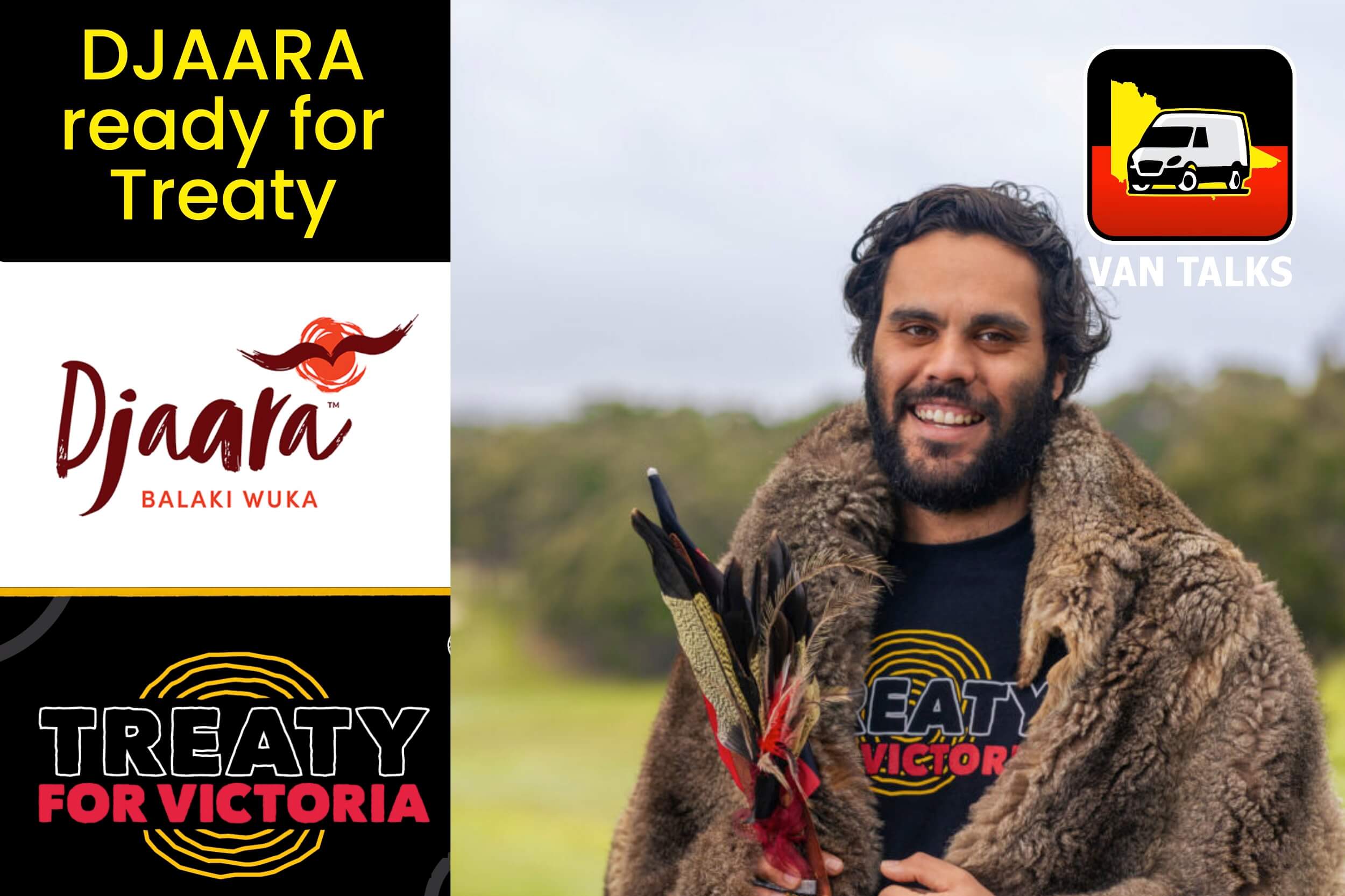
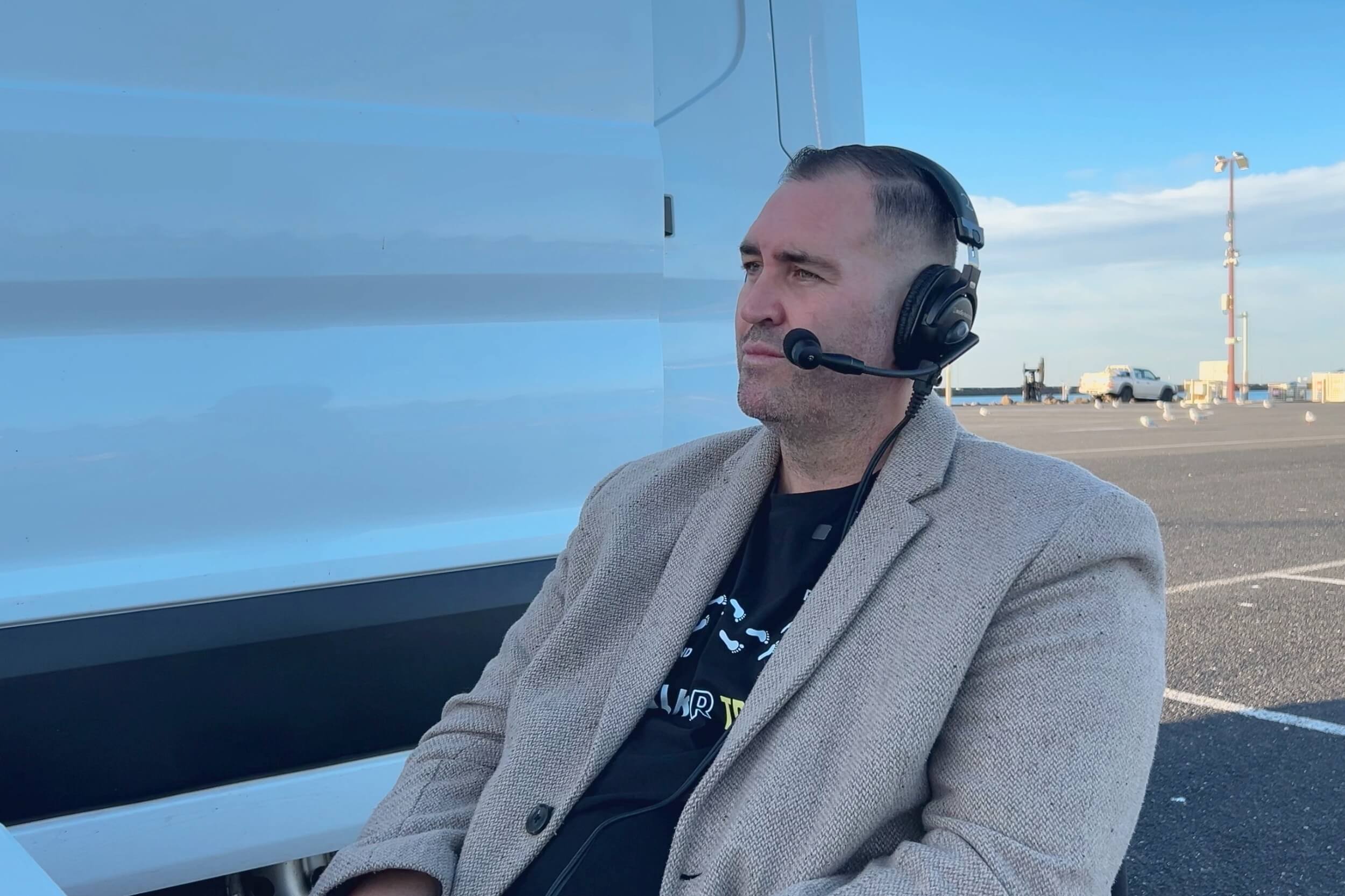
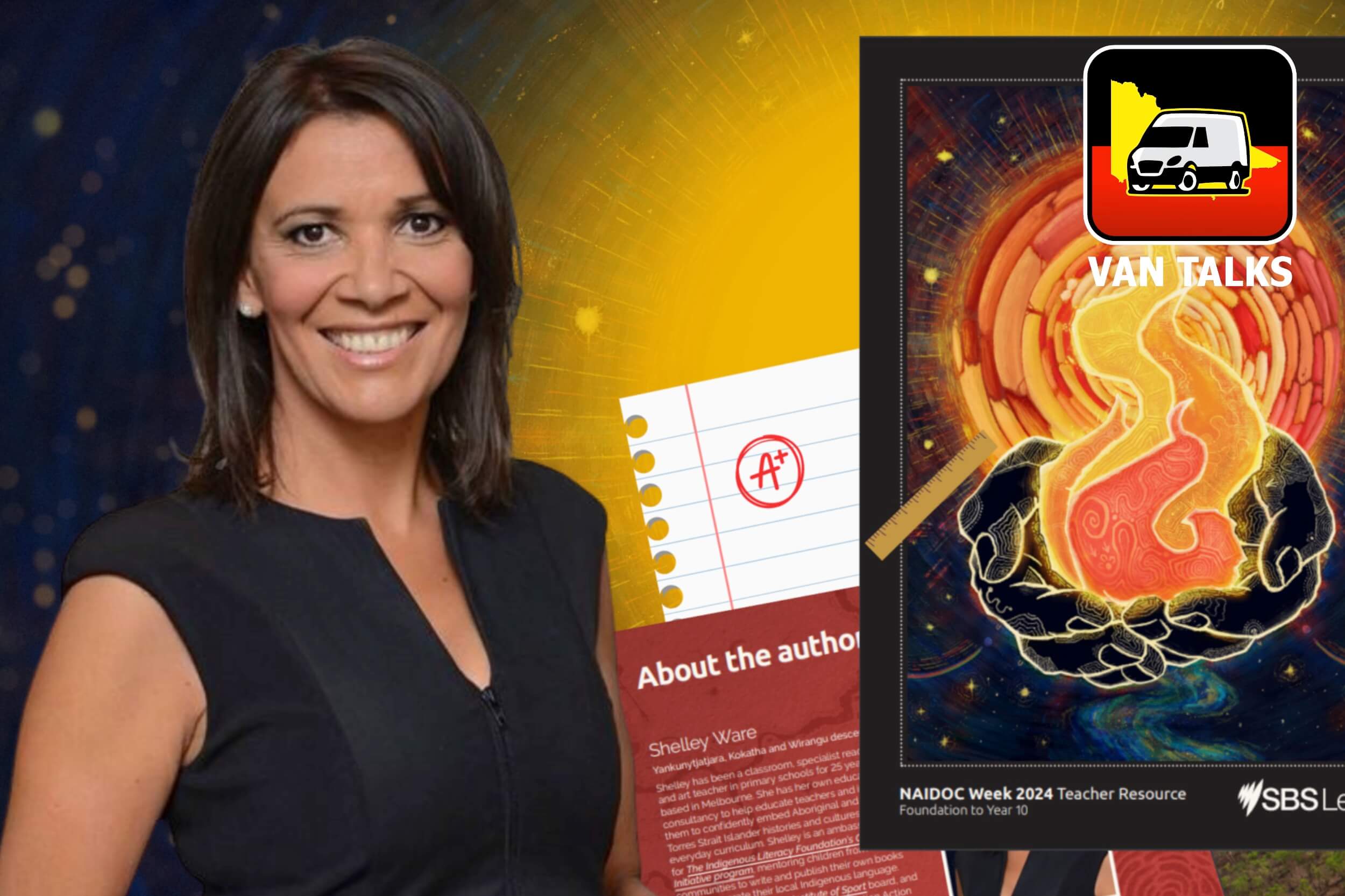
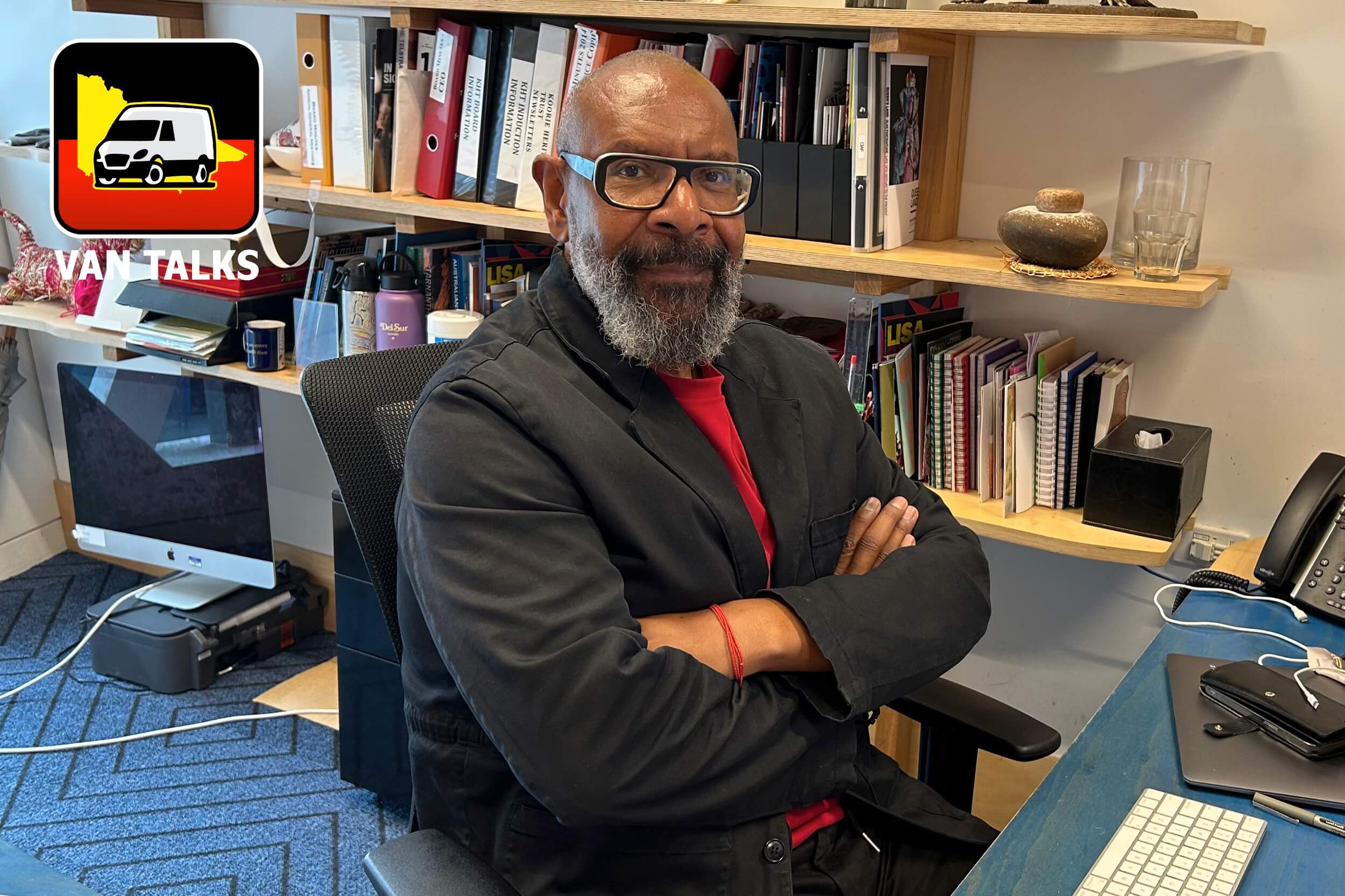
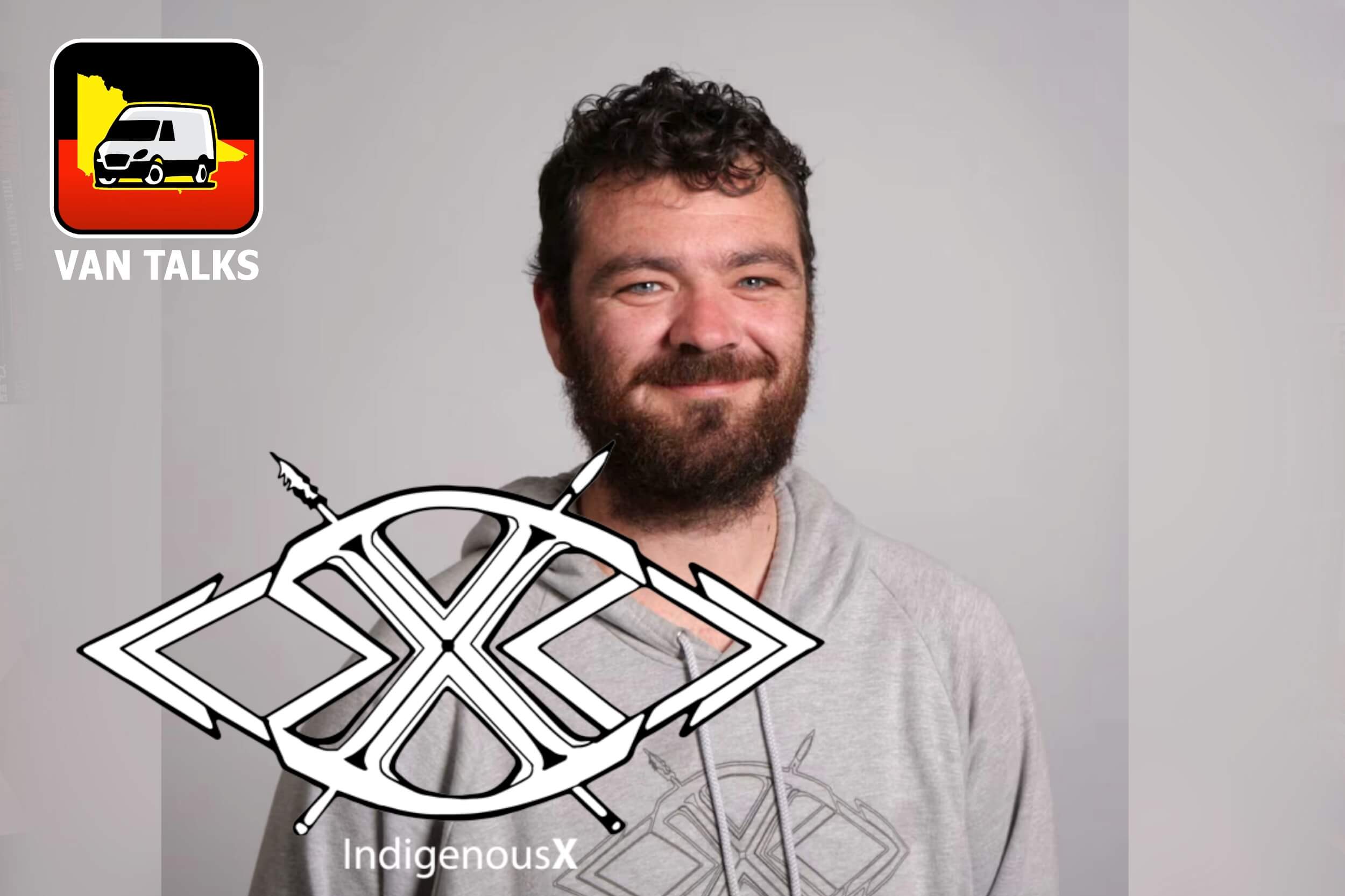

0 Comments